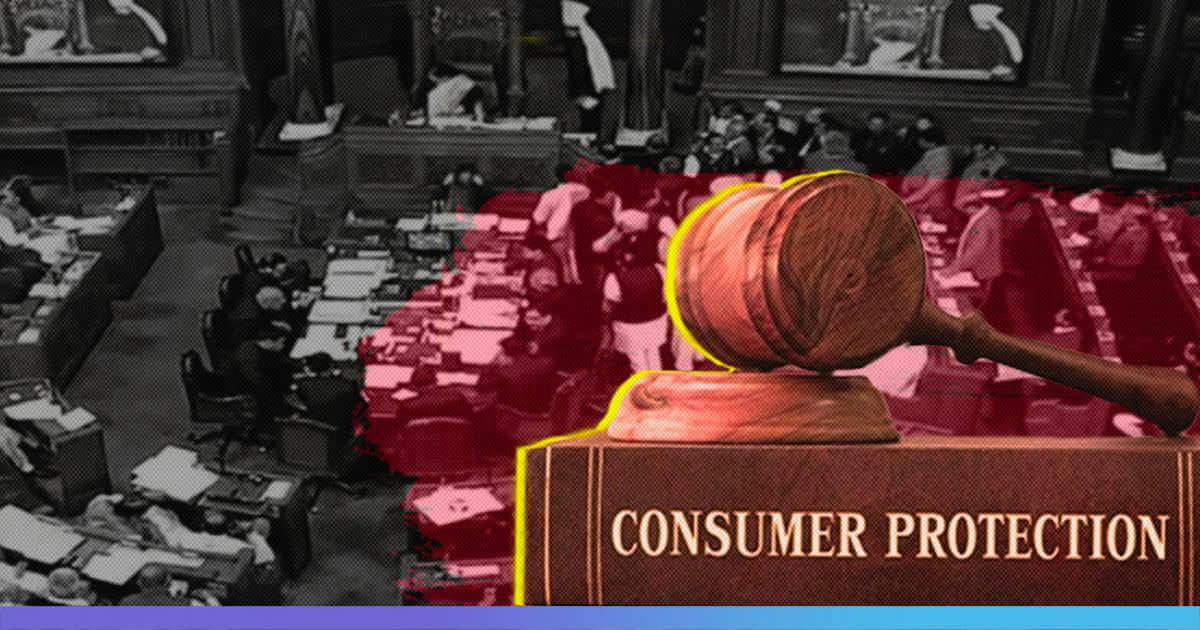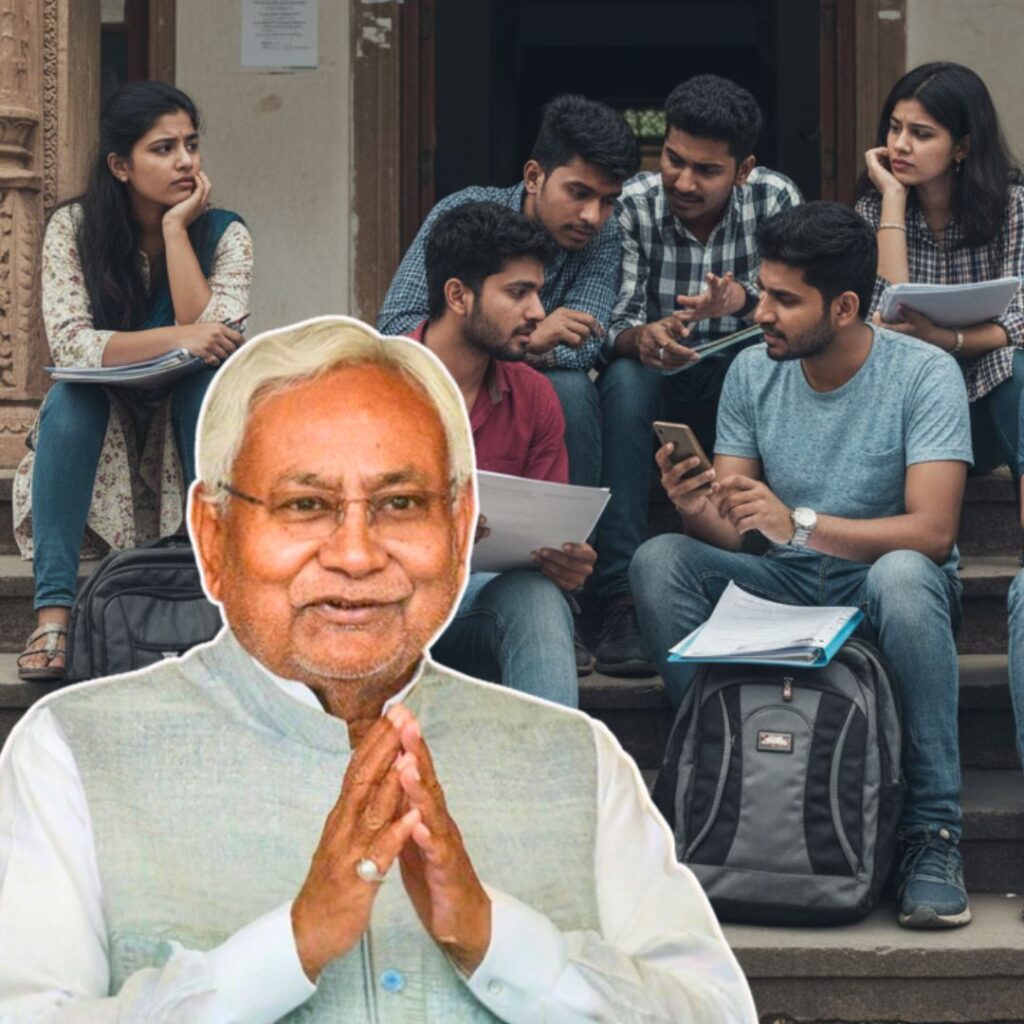Parliament on Tuesday, August 5 passed the Consumer Protection Bill, 2019. The new bill seeks to revamp the process of administration and settlement of disputes with strict penalties, including jail term for adulteration and misleading ads by companies.
The bill was passed in Lok Sabha by a voice vote and will replace the Consumer Protection Act, 1986.
आज उपभोक्ता संरक्षण विधेयक 2019, राज्यसभा में ध्वनि मत से पास हो गया। इसके लागू हो जाने से उपभोक्ताओं के हितों के संरक्षण और उपभोक्ता विवादों के समय से और प्रभावी प्रशासन और परिनिर्धारण में मदद मिलेगी। @narendramodi pic.twitter.com/1D9ovRs4zm
— Ram Vilas Paswan (@irvpaswan) August 6, 2019
Union Food and Consumer Affairs Minister Ram Vilas Paswan said that the government has dropped health care from the bill as several members had opposed it.
Promote & Protect Consumer Rights
Paswan, while presenting the bill, said, “A Central Consumer Protection Authority (CCPA) will be established to promote, protect and enforce consumer rights.”
The CCPA would make interventions to avoid consumer inconveniences arising from unfair trade practices. The agency can also enforce recall, refund and return of products if they can prove any of the conditions for defect or deficiency, as mentioned in the Bill.
He said this “non-controversial” bill, among other things, aims at setting up of Consumer Disputes Redressal Commission (CDRC) and forums at the district, state and national levels for adjudicating consumer complaints.
Action Against Endorsers
The CCPA can impose a fine of up to Rs 10 lakh on celebrities endorsing a false or misleading advertisement.
The authority can also order the imprisonment of up to 2 years in case of false advertising. In case of any repetitive offence, the body can impose a penalty of up to Rs 50 lakh and a jail term of up to five years.
Celebrities and endorsers can be prohibited from promoting advertisements for up to a year, which can also be extended up to three years for repeat offenders. Endorsers will only be exempted if they can prove their efforts, to verify claims made in the ads.
Opposition Raises Concerns
BJP MP Rajiv Pratap Rudy suggested that cases of call drops and power cuts should also be considered under this proposed law.
Opposing the bill, Congress member M K Vishnu Prasad claimed that the bill would curb the freedom of consumers and trample on their rights.
Replying to a debate on the Bill, Paswan said that the suggestions given by members would be included in the rules formulated by the Ministry under this legislation.
Consumer Redressal Platform
According to the bill, consumers can approach the CDRC to file a complaint with respect to defective goods or services, overcharging, unfair trade practices and sale of goods or services which may be unhealthy or dangerous.
The final appeal for all disputes will be with the Supreme Court.
Paswan said there are over 20,304 cases at national, 1,18,319 cases at the state level and 3,23,163 cases are pending at the district level in the country. “Now we are naming District Commission, State Commission and National Commission, with the district and state commissions under state governments,” he said.
Focus On Consumer Awareness
On maximum retail price (MRP), Paswan said many restaurants were overcharging. He directed that MRP should be displayed prominently on all products apart from the date of expiry, date of manufacturing and complaints redressal mechanism.
He also said that there is no concept of levying a service charge, and the government has advised restaurants to make it voluntary.
Paswan suggested that the state governments pay more attention to consumer awareness programmes like ‘Jaago Graahak Jaago’. “Since 90 per cent of cases is coming to district consumer commissions, the compensation have been increased to Rs one crore and Rs 10 crore for state-level commissions, while the compensation for above Rs 10 crore has been kept for the national commission,” he said.
Also, Read Is Scrapping Article 370 Through Presidential Order Constitutionally Valid?











